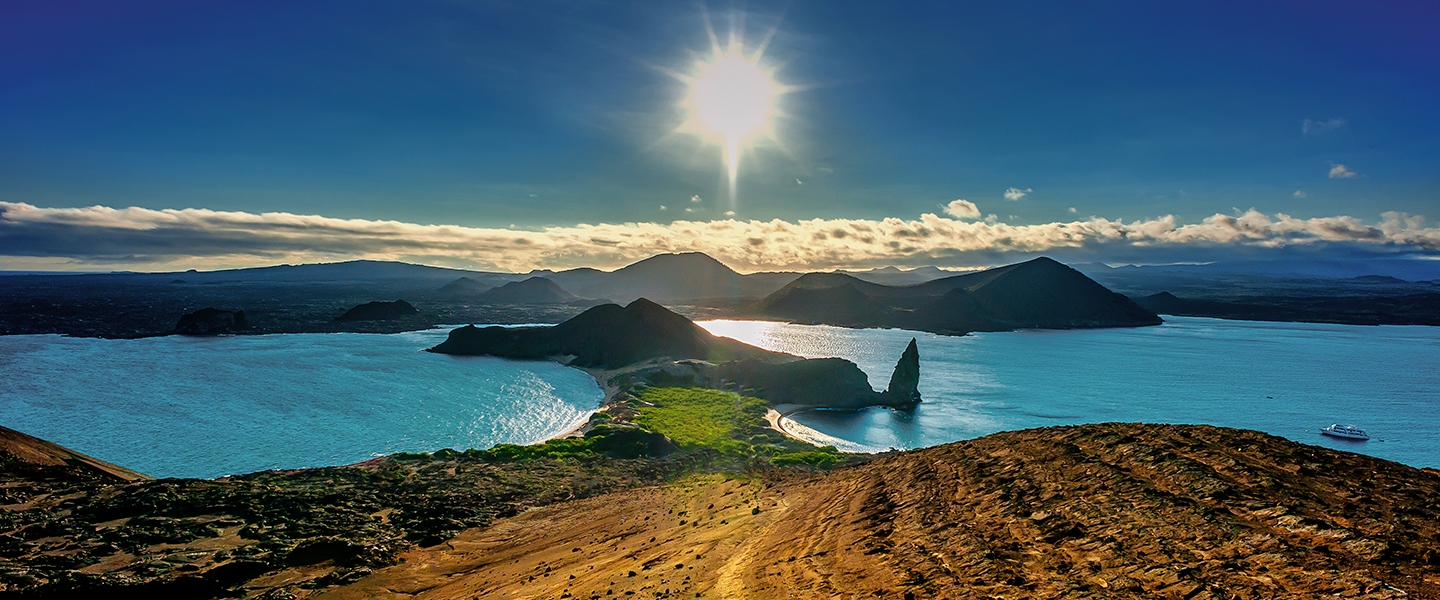
Balancing marine conservation with community well-being by adding value to the local fish economy in Galapagos Marine Park. A biodiversity hotspot both on land and underwater, the Galapagos Islands are an area of extraordinary global biological significance. Because the islands are extremely isolated, an especially high percentage of the species...
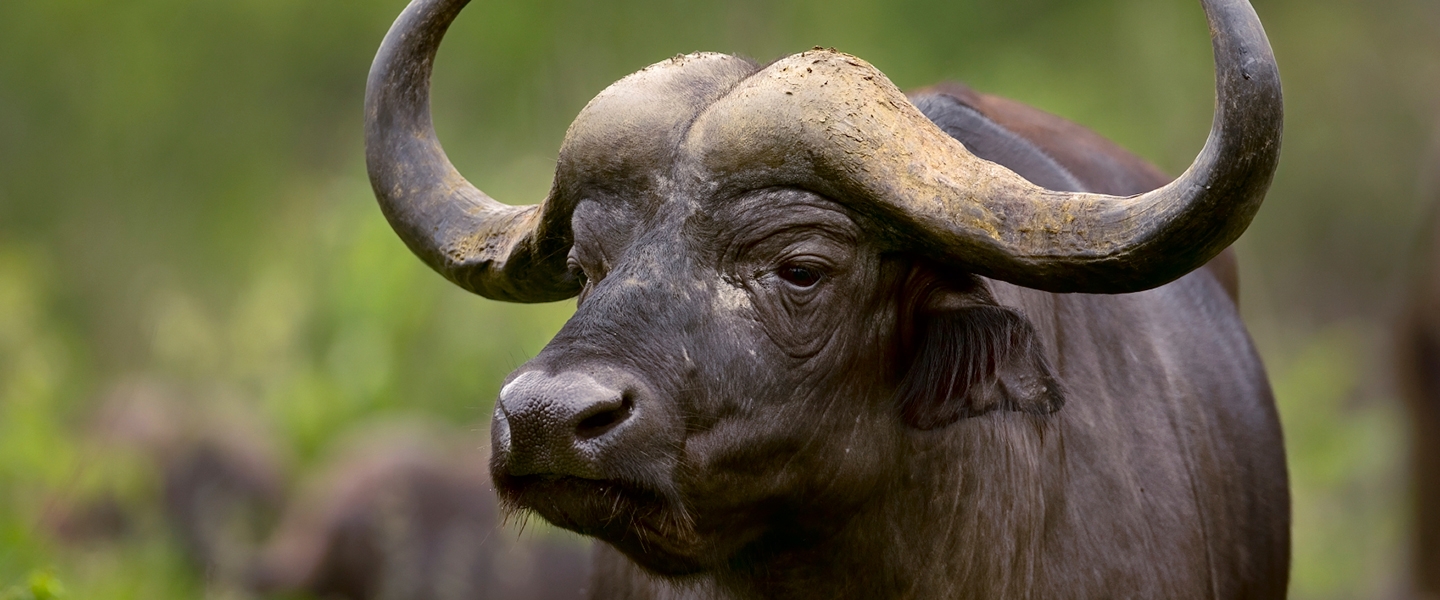
Assessing sustainable tourism issues and needs to protect one of Africa’s World Heritage Sites The Ngorongoro Conservation Area is one of Tanzania’s most visited destinations, covering 8,292 square kilometers of savanna, highland plains, savanna woodlands and forests. The area is internationally renowned for the Ngorongoro Crater, the world’s largest intact...
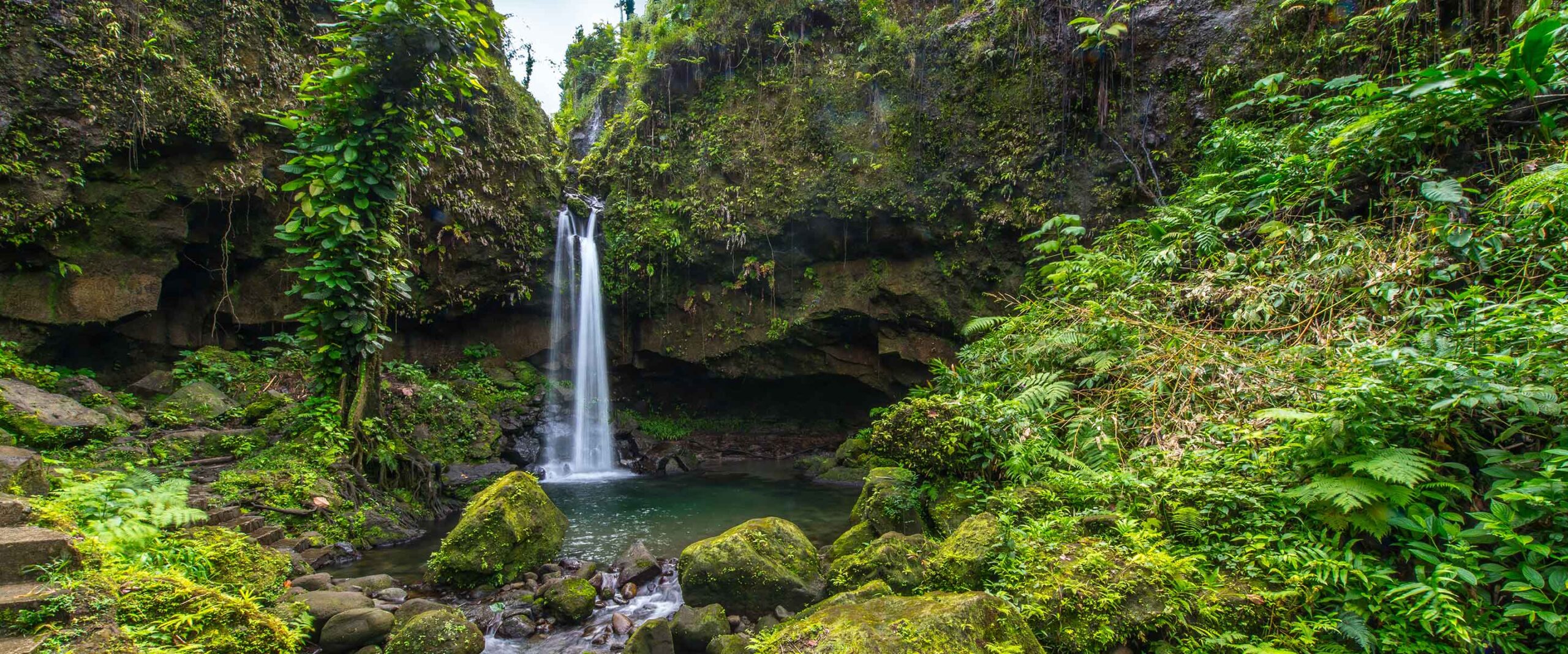
Referred to as “The Nature Island,” Dominica attracts thousands of tourists each year to experience its wealth of forests, rivers and other natural attractions. However, growing waste management issues threaten the long-term health of these natural assets and prosperity of the tourism industry. Over 4 million kilograms of waste were...
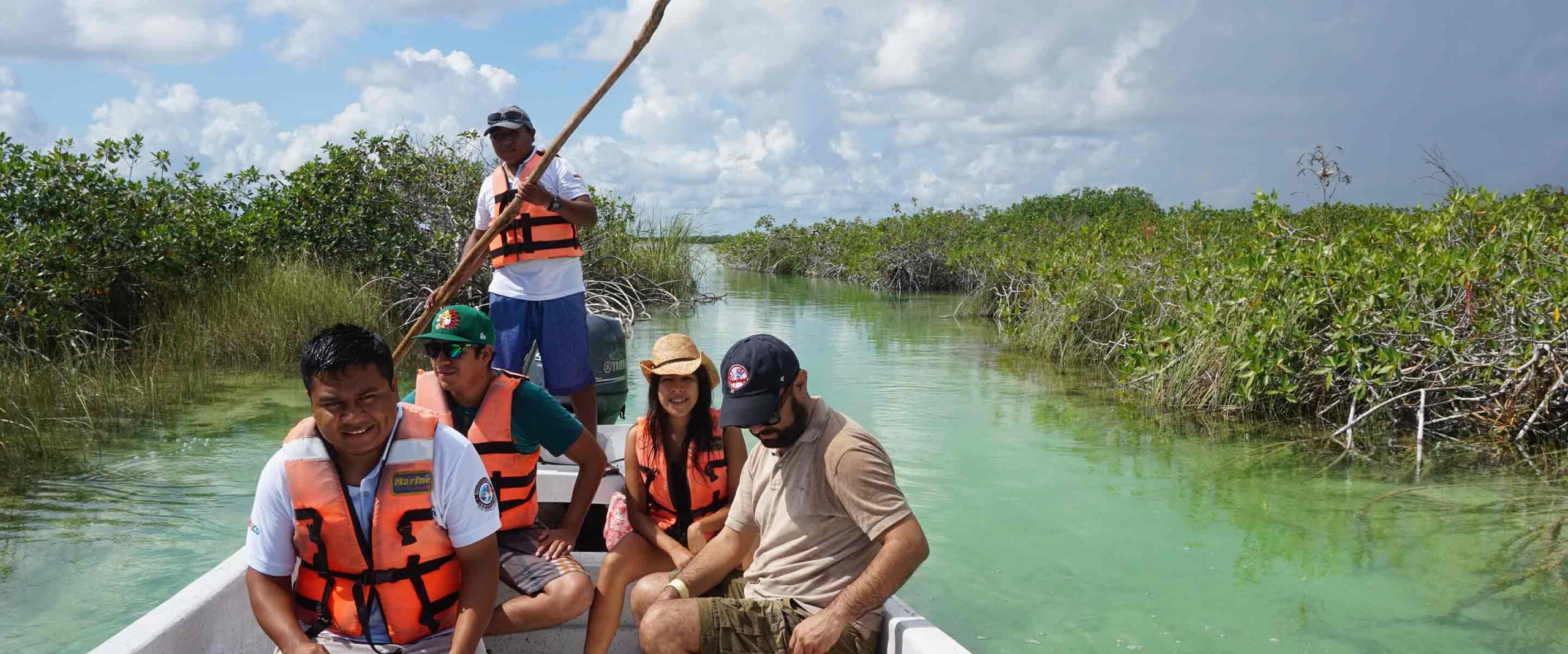
Despite being located near tourist hotspots and boasting rich Mayan culture and tropical landscapes, the Zona Maya of Quintana Roo and its Mayan residents did not reap the full benefits of tourism. To foster more equitable opportunities, the Mesoamerican Reef Tourism Initiative (MARTI) supported the establishment of Mayaka’an. This new...
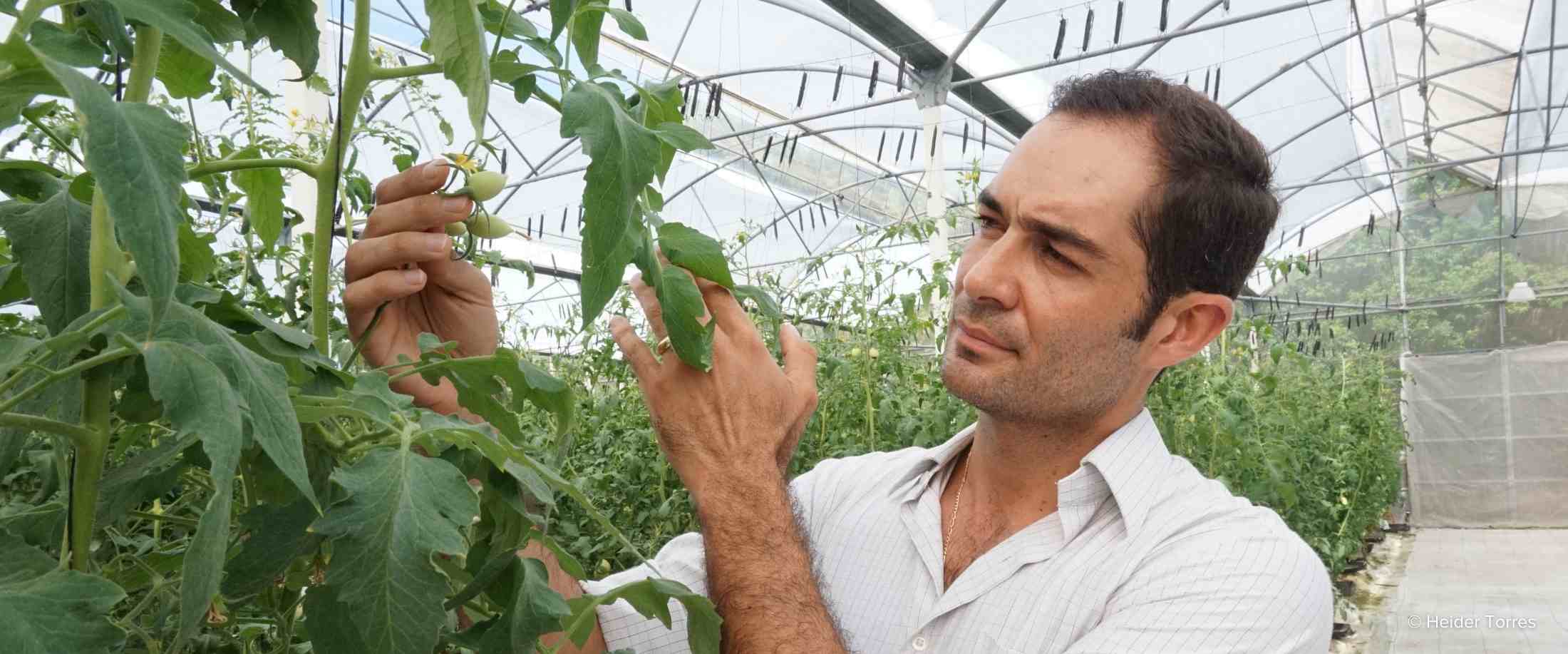
Hotel operations in Quintana Roo have a large impact on the well-being of the corals and wildlife that call the Mesoamerican Reef home. The Mesoamerican Reef Tourism Initiative and the Riviera Maya Hotel Association have launched a program to help businesses reduce their impacts on the environment. Hotels are empowered...
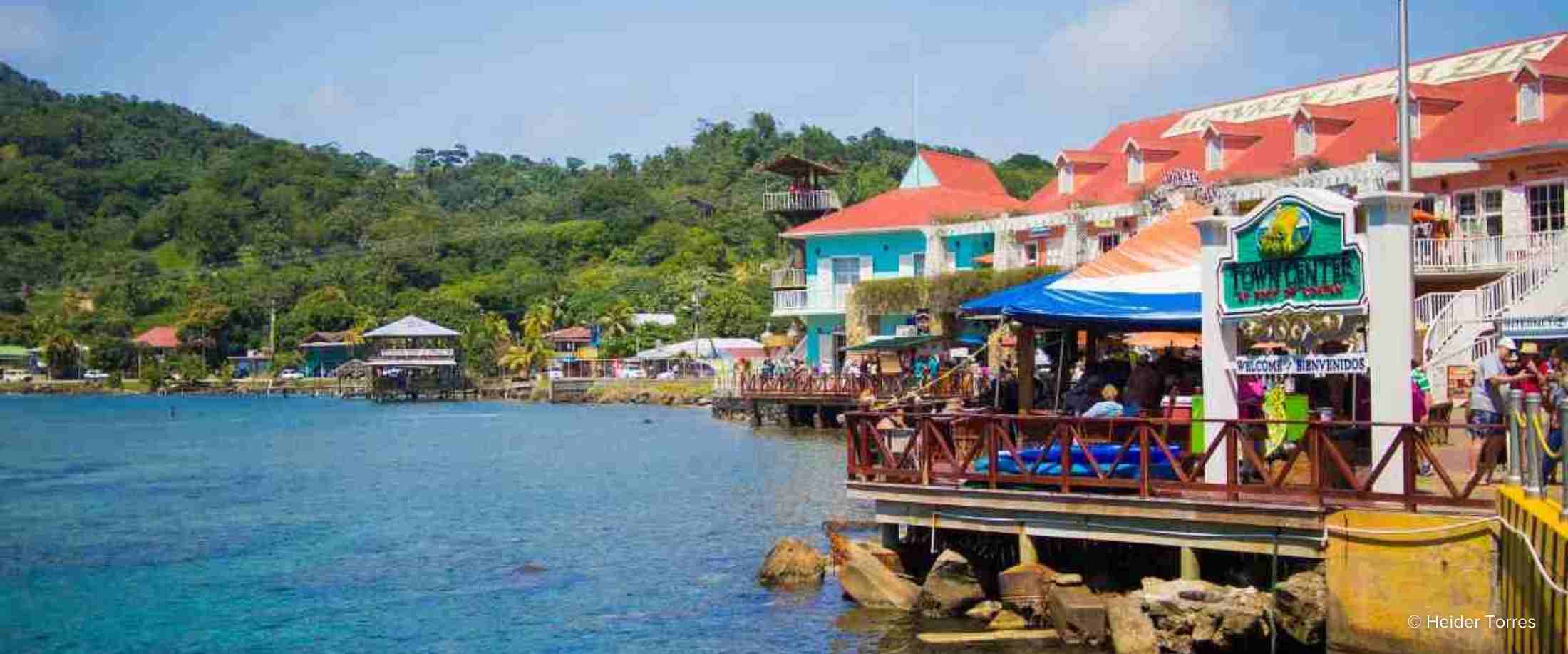
Four of the Mesoamerican Caribbean’s most popular destinations are working hard to balance sustainability with business growth through their partnership with the Mesoamerican Reef Tourism Initiative (MARTI) and Sustainable Travel International. Riviera Maya, Cozumel, Roatán, and Utila have assessed their environmental footprints and developed plans to receive sustainable destination certifications....